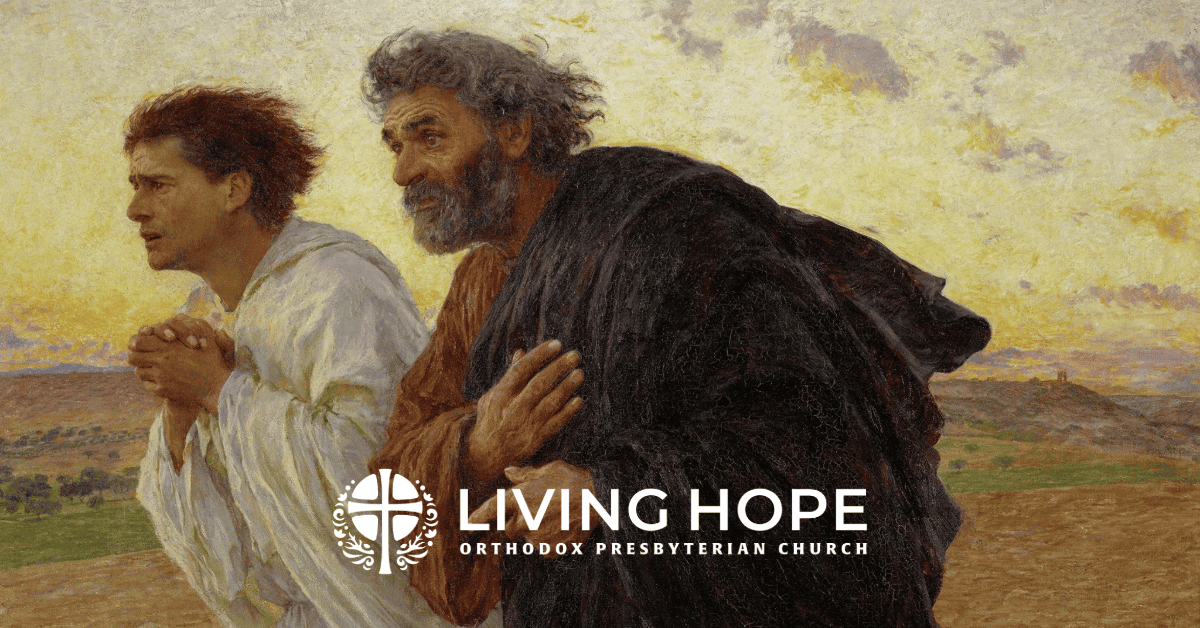Home » Announcements » Easter 2024
On Easter Sunday, the sorrow of Christ’s death on Good Friday turns to the unexpected joy and celebration of His bodily Resurrection! Join us for a day of festivity as we worship and then gather for a church family meal at the Apodaca house.
Sunday, March 29th
worship service 10 AM
Easter Feast 12 PM
The format for our Easter worship service is similar to every other Lord’s Day gathering. While it is true that Christ’s resurrection is always at work in the life of the church, the annual celebration of Easter is a great way to re-orient ourselves to the significance of Christ’s Triumph over the grave on this most special of days.
Why Celebrate Easter?
From individuals to entire cultures, humans are shaped by the various ways we mark the passing of time. Blowing out birthday candles or taking in a fireworks show on the Fourth of July are more than just annual traditions, they are examples of the kinds of practices that help form our identities and orient us to the place and time we live in. No matter how anti-tradition one is, routine habits and rituals are unavoidable. Our habits also have a profound impact on the way we perceive the world. Therefore, the church throughout the ages has acknowledged the wisdom in marking time with Christ honoring intention; developing sound rituals and traditions that affect our humanity. This motivation is most clearly evident in weekly Lord’s Day Worship, but this is also the justification for the annual observance of seasons and church holidays as well. These events that make up the church calendar are best understood as supplemental to our regular worship, but they nevertheless serve as helpful aides to the church’s ministry to orient us to virtuous living in proper relation to the world and to time.
The incarnation of the Son of God in a particular time and place has transformed our understanding of history, infusing the passing of time with meaning that demands remembrance and commemoration. We do not aimlessly live day-to-day without purpose, but are headed toward a glorious end that has been secured for us by Jesus Christ in His life, death and resurrection. Christ has founded a new humanity, and our identity in him is formed in part the by same acts of commemoration and recognition that mark other parts of our lives (familial, civic, vocational). In other words, we seek to be explicitly Christian in our routines and habits, in our worship and ritual, in our fasting and festivity. Events such as the annual celebration of Easter are ways to deliberately reinforce where we fit in to God’s story.
